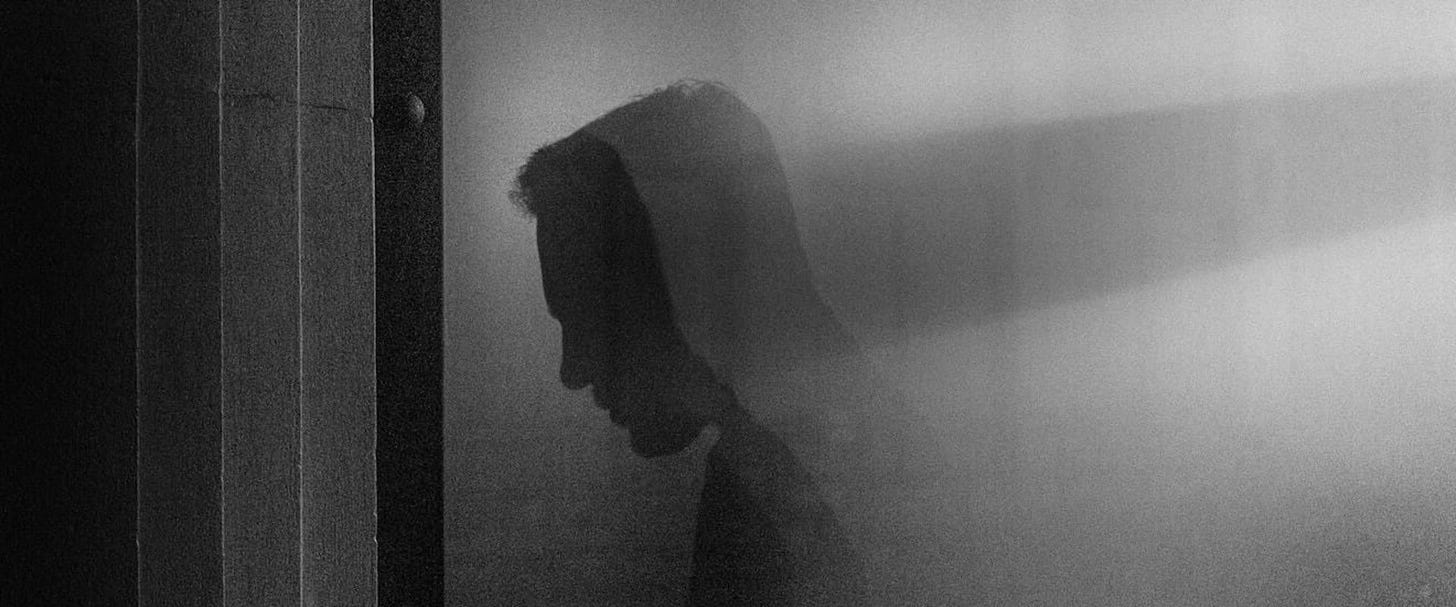Stop Wondering “What Could Have Been” After a Breakup
As a therapist, one of the most common struggles I see people face after a breakup is the lingering question: What if?
It’s a question that haunts us—one that makes moving forward feel impossible. We find ourselves trapped in a cycle of regret, replaying scenarios in our heads, wondering if we could have done something differently. If only we had said this, acted that way, or been more attentive, maybe the relationship would still be intact.
But here’s the truth: No amount of “what if” thinking will bring you peace. In fact, it often does the opposite. It keeps you stuck, tethered to a past that no longer serves you. And when we’re stuck in the past, we lose the opportunity to heal and grow in the present.
Why We Hold Onto “What If”
Breakups feel like a loss, and when we experience loss, our minds try to make sense of it. The “what ifs” are part of this coping mechanism. They offer us a false sense of control—if we can pinpoint what went wrong, we can prevent it from happening again. But what we don’t realize is that the constant questioning isn’t about finding answers; it’s about trying to rewrite a story that’s already been written.
As humans, we crave closure, and when a breakup leaves us feeling uncertain or without answers, we search for ways to fill in the gaps. But here’s the hard truth: even if you could identify the exact moment things started to fall apart, it doesn’t change the outcome. The relationship ended for a reason, and clinging to “what if” only prolongs your suffering.
The Impact of Holding Onto the Past
When we focus on the “what ifs,” we trap ourselves in a loop of regret, constantly revisiting the past. This kind of thinking robs us of our emotional energy and keeps us from embracing the opportunities that come with moving on. It also prevents us from truly seeing the lessons that the breakup offers. By focusing on “what could have been,” we miss out on what is—the present moment and the potential for growth.
In Break Up On Purpose, I explore this concept in depth, helping you understand why letting go of regret is essential for your healing. One of the first steps is accepting that the relationship ended for a reason. Whether or not that reason is clear to you now, it will become clearer as you move forward—if you allow yourself to.
Reframing the “What Ifs”
One of the most powerful things you can do in the aftermath of a breakup is reframe your thinking. Instead of asking yourself, “What if I had done things differently?” ask yourself, “What can I learn from this?” Shifting your mindset from regret to reflection empowers you to grow from the experience rather than being defined by it.
In Break Up On Purpose, I provide exercises designed to help you shift from a state of regret to a state of learning. These exercises help you identify the lessons hidden in your heartbreak—whether it’s recognizing unhealthy patterns, understanding your attachment style, or realizing what you truly need in a relationship. By focusing on what you can take away from the relationship, you transform your experience from one of loss to one of growth.
Letting Go with Purpose
Letting go doesn’t mean erasing the memories or pretending the relationship never happened. It means releasing your grip on the past so you can fully embrace the present. In therapy, I often remind my clients that healing is not about forgetting the person—it’s about remembering yourself. When we let go with purpose, we allow ourselves to heal and create space for the next chapter in our lives.
So, how do you start letting go? It begins with small, intentional actions. Create a daily practice of mindfulness where you gently redirect your thoughts from the past to the present. Focus on what you’re grateful for today, and remind yourself that the end of a relationship doesn’t define your worth.
In the end, holding onto “what if” is like carrying a heavy weight that prevents you from moving forward. The more you cling to the past, the harder it is to embrace the future. But by shifting your focus from regret to growth, you free yourself from the emotional chains of the past.
[Order Break Up On Purpose Today]
In Break Up On Purpose, you’ll find the tools to help you release the “what ifs” and transform your breakup into an opportunity for growth. This book will guide you through the process of letting go with intention and help you embrace the future with a renewed sense of purpose. Don’t let the past hold you back—let this be the moment you choose to heal.
This isn’t just a book launch—it’s the beginning of your next chapter. It’s about more than healing your heart—it’s about rediscovering yourself, redefining what you deserve, and stepping into a new, empowered version of you.
I hope to see you inside the Breakup Club, where together, we’ll turn heartbreak into your greatest breakthrough.
With purpose,
JK



Great perspective. Thank you for this.
Yes and no, I think.
Yes, painful regret can come from the feeling that we should have done something differently.
But no, because I'm wary of advice like “stop wondering…” or “stop thinking…” etc. We have very little direct control over what we think or feel, and chastising ourselves for what we think or feel leads to Buddhism's painful self-inflicted second arrow.
A more nuanced approach comes from ancient advice: there is never ever anything we could have done differently. That's not how the universe works.
So I say, yes, go ahead and wonder what could have been. But remember that it could never have been.